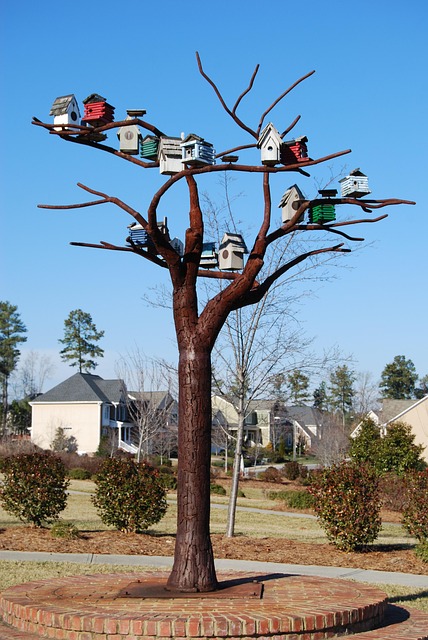North Carolina's strict "Do Not Call" laws protect residents from unwanted telemarketing. Businesses must comply to avoid fines and lawsuits, partnering with experienced Do not call lawyers NC or do not call attorneys NC. Essential steps include employee training on state regulations, consumer privacy, and practical implementation strategies. Regular updates, accountability, and access to reputable do not call law firms NC are crucial. Avoiding common mistakes like missing explicit consent and staying informed about legal changes ensure compliance with do not call lawyer NC and do not call attorney NC requirements.
In North Carolina, understanding and adhering to Do Not Call laws is crucial for businesses to avoid legal pitfalls. This comprehensive guide aims to empower companies with the knowledge they need to navigate these regulations effectively. From recognizing key restrictions imposed by state laws to mastering best training practices, we explore strategies to ensure compliance. Whether you’re a business owner seeking guidance or a Do not call lawyer NC helping clients, this article offers insights into Do not call attorney NC and Do not call law firms NC best practices, covering everything from common mistakes to avoid to the latest legal framework.
Understanding Do Not Call Laws in North Carolina: Key Regulations and Legal Framework
In North Carolina, the “Do Not Call” laws are regulated by the state’s Attorney General and aim to protect residents from unwanted telemarketing calls. These regulations are designed to ensure that businesses adhere to ethical marketing practices and respect individual privacy. Key restrictions include prohibiting automated or prerecorded calls unless consumers have given explicit consent, as well as limiting the frequency of live caller ID calls to a resident’s telephone number.
North Carolina’s Do Not Call laws also dictate how businesses should handle “do not call” requests from residents. Consumers can register their phone numbers on the state’s Do Not Call list, which requires companies to refrain from contacting those numbers for marketing purposes. Violating these laws can lead to legal repercussions, including fines and potential lawsuits. Therefore, it is crucial for businesses operating in North Carolina to partner with experienced Do not call lawyers NC or do not call attorneys NC to ensure compliance and avoid potential penalties involving do not call law firms NC.
Best Practices for Effective Employee Training on Do Not Call Rules
Training employees on do not call rules is essential to ensure compliance and protect a company’s reputation in North Carolina. A well-structured training program should cover key aspects, including an overview of state regulations, the importance of consumer privacy, and practical strategies for successful implementation. Educate your team about the legal implications of unauthorized calls using resources provided by local do not call lawyers or attorneys; this will help them understand the potential consequences of non-compliance.
Encourage interactive learning through role-playing scenarios to teach employees how to handle customer complaints effectively. Foster a culture of accountability where each team member takes responsibility for their actions. Regularly update training materials to reflect any changes in legislation and best practices, ensuring your staff stays current with the latest do not call laws in North Carolina. Additionally, consider providing access to resources offered by reputable do not call law firms for further guidance and support.
Common Mistakes to Avoid: Ensuring Compliance with Do Not Call Laws in NC Businesses
Many businesses in North Carolina fall into common traps when it comes to navigating and complying with do not call laws. Without proper guidance, companies might unknowingly violate these regulations, leading to legal repercussions and damage to their reputation. One of the first steps towards avoiding such pitfalls is understanding that different states have distinct rules regarding telemarketing practices, including do-not-call lists. North Carolina’s laws should be interpreted and followed rigorously to ensure compliance.
A frequent mistake is failing to obtain explicit consent from customers before placing calls or sending messages promoting products or services. Do not call lawyers NC and do not call attorneys NC emphasize the importance of verifying consumer opt-in, especially when utilizing automated dialing systems or text messaging. Additionally, businesses should regularly review and update their internal policies to stay aligned with do not call law firms NC and relevant legal precedents, ensuring that any marketing efforts do not inadvertently target those registered on the do not call lists North Carolina.






